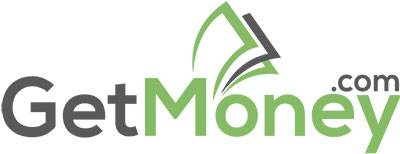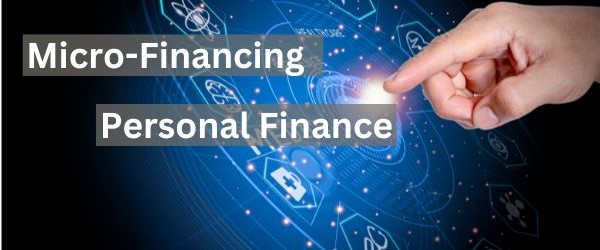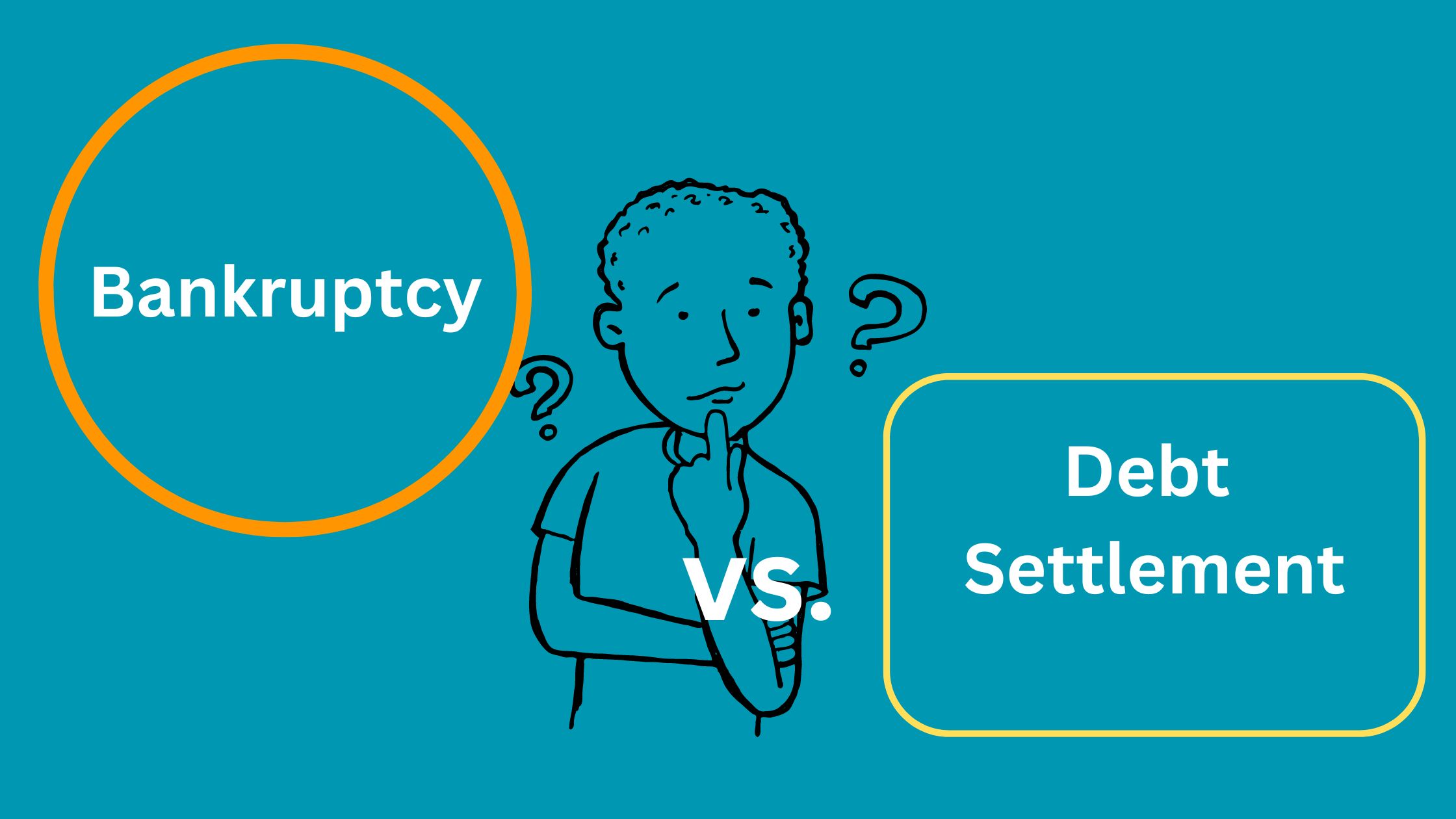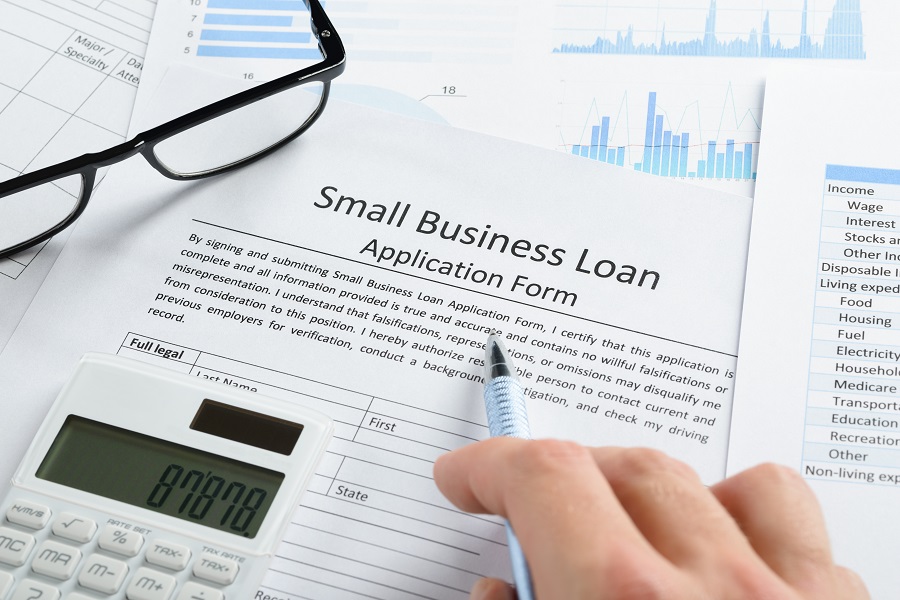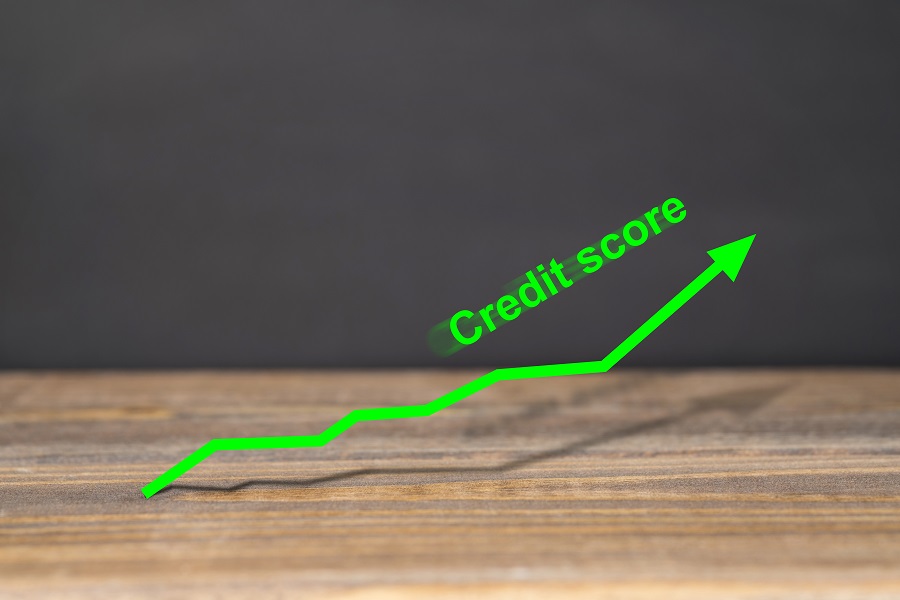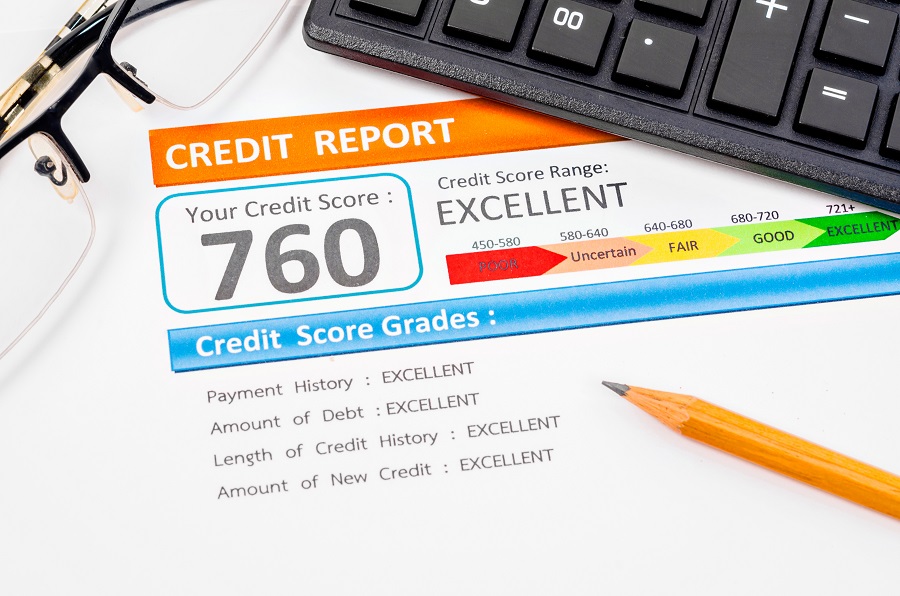Introduction to Microfinancing and Online lending
In today’s fast-paced world, individuals often find themselves in need of quick and reliable access to funds. Microfinancing has emerged as a transformative solution, revolutionizing the lending landscape and providing a lifeline to those seeking fast installment and personal loans. In this article, we explore the concept of microfinancing, its benefits, and its impact on empowering individuals to access much-needed funds efficiently.
Understanding Microfinancing
Microfinancing involves providing small loans, commonly known as micro-loans, to individuals who lack access to traditional banking systems. These loans are primarily used for income-generating activities or to cover emergency expenses. Microfinancing and online institutions understand the financial challenges faced by individuals, particularly those in low-income communities or developing countries. They aim to bridge the gap by offering accessible and affordable credit options.
Access to Fast Installment Loans
Microfinancing stands out for its ability to provide borrowers with fast installment loan approvals. Unlike traditional lending institutions, which often involve lengthy approval processes and paperwork, microfinancing institutions leverage innovative technology to streamline applications and approvals. Borrowers can conveniently apply for loans online or through mobile applications, eliminating the need for physical visits to brick-and-mortar establishments. This digitalization enables borrowers to submit requests and receive funds within days, if not hours, making microfinancing an ideal solution for those in urgent need of financial assistance.
Flexibility and Customization
Microfinancing institutions recognize the unique financial situations of borrowers. They offer flexible repayment terms, often structuring loans as installment loans. This allows borrowers to repay the loan in regular, manageable installments, thereby easing the burden of repaying a loan.
Empowering Entrepreneurs and Small Business Owners
Microfinancing goes beyond providing fast personal and installment loans; it plays a crucial role in empowering entrepreneurs and small business owners. Individuals who lack access to traditional loans due to a lack of collateral or credit history turn to online institutions for financial support through loans structured for small businesses. Microloans enable these aspiring entrepreneurs to kick-start or expand their businesses, providing funds for equipment, inventory, or raw materials. By empowering individuals to become self-sufficient, microfinancing institutions contribute to economic growth and poverty alleviation in communities worldwide.
Social Impact and Financial Inclusion
Microfinancing has the potential to drive positive social change by fostering financial inclusion. Online lending institutions offering microfinancing help marginalized borrowers by providing loans to individuals that are excluded from traditional banking systems.
Microfinancing and online lending have emerged as a game-changer in the lending industry, offering individuals a reliable and accessible means to obtain fast installment loans, business loans, and personal loans. By leveraging technology and emphasizing flexibility, microfinancing institutions address the unique financial needs of borrowers and provide them with the funds they need to achieve their goals.
